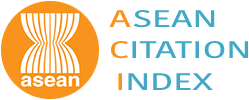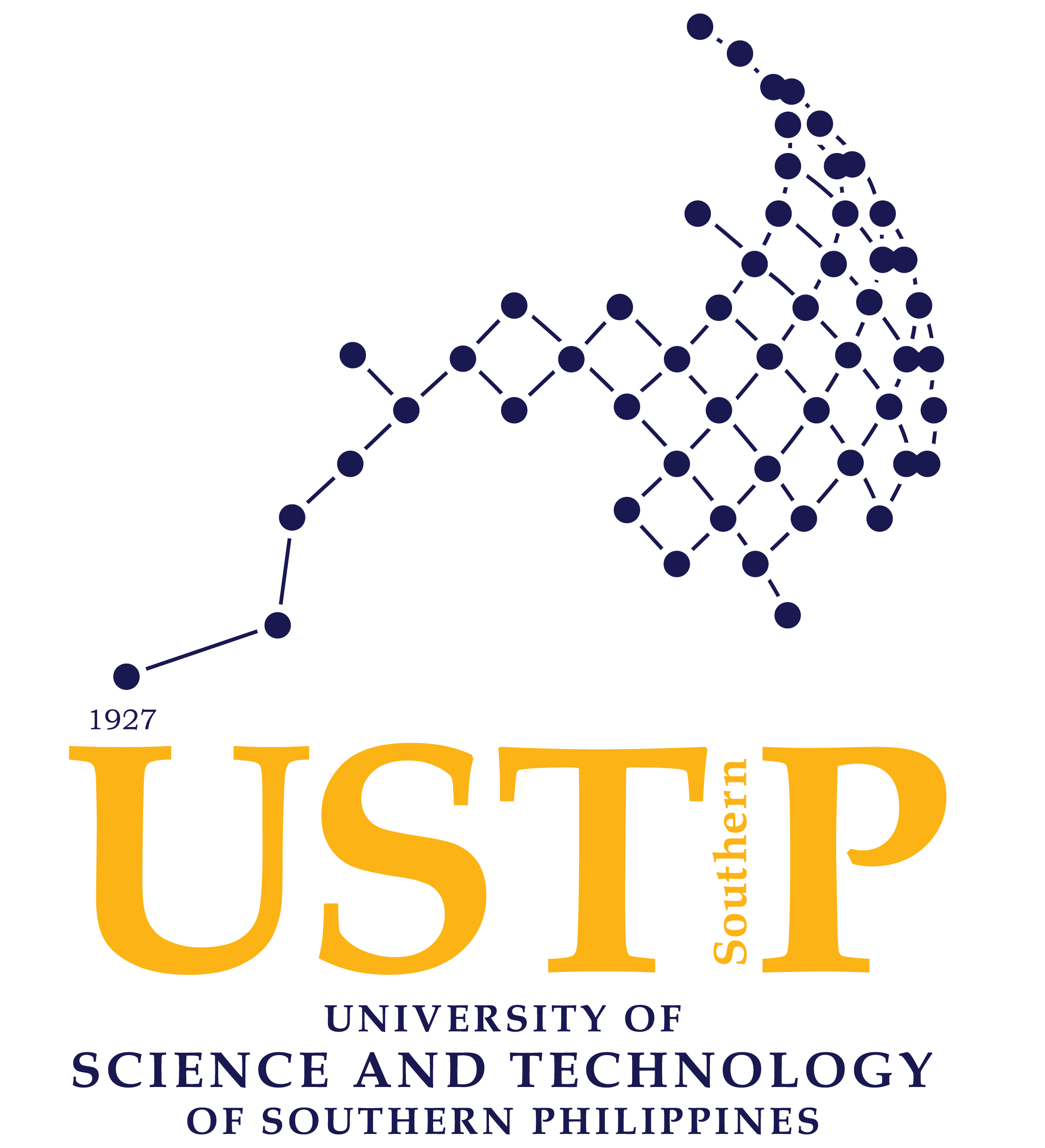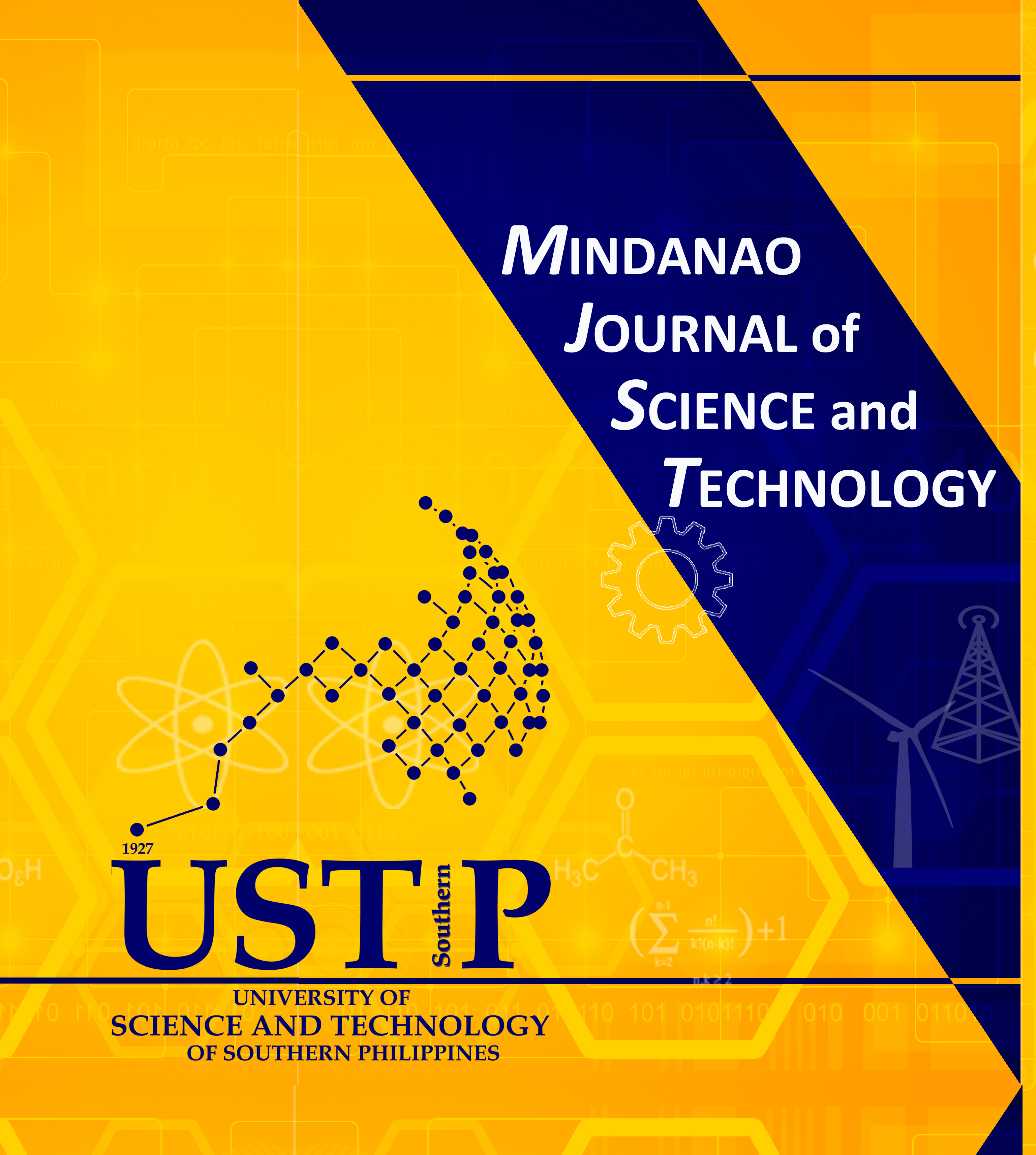Application of Data Envelopment Analysis in Assessing the Efficiency of Outstanding Student Organizations in a State University in the Philippines
DOI:
https://doi.org/10.61310/mjst.v23i2.2498Keywords:
data envelopment analysis, higher education institutions, organizational performance evaluation, student organization efficiencyAbstract
Recognizing an organization’s commitment and achievements is essential for fostering motivation and continuous improvement. At a state university in the Philippines, i.e., University of Science and Technology of Southern Philippines – Cagayan de Oro (USTP CDO), the USTP Kahamili Awards have been introduced to recognize outstanding student organizations operating within a diverse and dynamic university environment. However, the traditional manual rating system used in the evaluation process is prone to potential bias and inefficiency. To address these issues, this study implemented Data Envelopment Analysis (DEA) as an objective technique for assessing the efficiency of student organizations. Variable Returns to Scale (VRS) and Constant Returns to Scale (CRS) models were employed to evaluate the performance of various organizations. Academic Year 2021–2022 results revealed that three academic and three non-academic organizations were relatively efficient and subsequently recognized in the Kahamili Awards. Benchmarking analysis indicated that less efficient organizations require further evaluation and support to enhance their performance. Furthermore, the analysis demonstrated that the CRS model provided a better fit for the data than the VRS model, indicating that the efficiency of student organizations is more accurately captured under the assumption of constant returns. The findings demonstrate that DEA provides a fair and systematic approach to recognizing organizational excellence and identifying opportunities for continuous development among student organizations.










